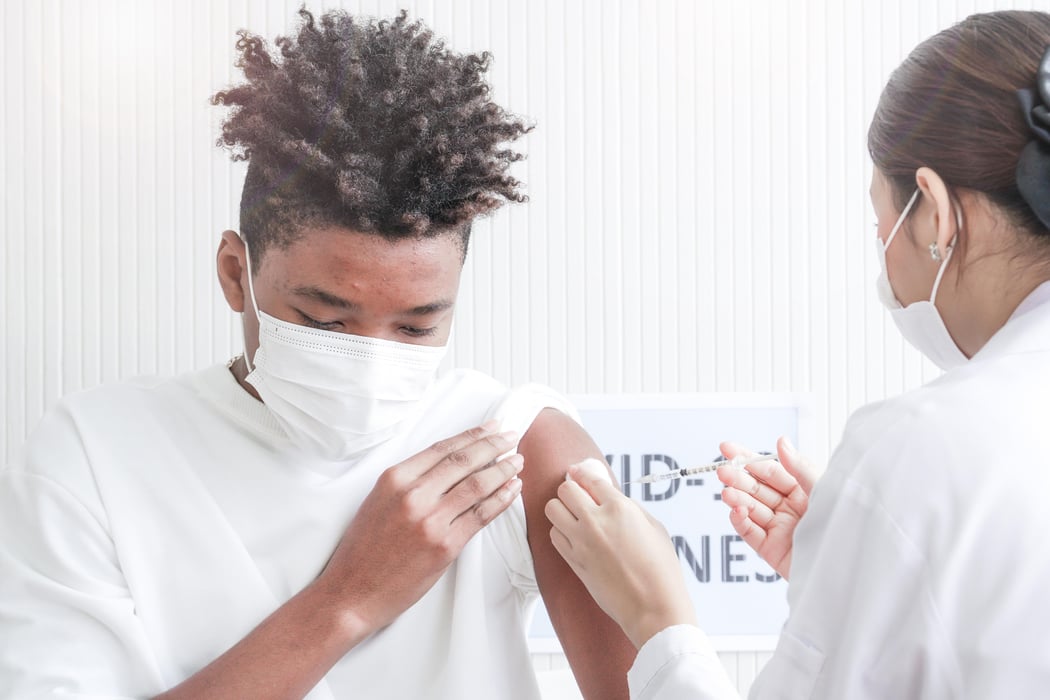FDA May Allow Pfizer Boosters for 12- to 15-Year-Olds by Monday

THURSDAY, Dec. 30, 2021 (HealthDay News) -- Younger adolescents may soon be eligible for COVID-19 booster vaccines, possibly by early next week.
The U.S. Food and Drug Administration is planning on Monday to broaden booster eligibility to include 12- to 15-year-olds, sources told The New York Times. This would be for the Pfizer-BioNTech vaccine, currently the only COVID-19 vaccine approved for this age group.
The FDA is also expected to reduce the amount of time that adolescents and adults must wait between their second dose of the vaccine and their booster dose to five months, down from the current six months. The regulators are also expected to authorize a booster for a select group of younger children, those ages 5 to 11 years, who have immune deficiencies and are therefore more vulnerable to COVID-19.
After the FDA makes its decisions, the U.S. Centers for Disease Control and Prevention vaccine advisory committee will meet to vote on whether to recommend the changes, according to The Times. That is likely to happen by the middle of next week, followed by what would be expected to be a quick endorsement by Rochelle Walensky, M.D., director of the CDC.
While children are believed to better tolerate infection with COVID-19, in rare cases, they can become severely ill and die. In addition, the highly contagious omicron variant of COVID-19 is infecting record numbers of Americans now, putting pressure on hospitals that are already caring for patients infected with the delta variant, The Times noted.
Pfizer boosters are currently authorized for people ages 16 years and older. The two other COVID-19 vaccines, from Moderna and Johnson & Johnson, are authorized for adults 18 years and older. About 70 percent of Americans ages 12 years and older are now fully vaccinated, according to the CDC, but about 1.8 million adolescents in the 12- to 15-year-old demographic have already tested positive for the virus.
Related Posts
Age-Linked Performance on Social Cognitive Tests Explored in Psychosis
TUESDAY, June 20, 2023 (HealthDay News) -- Different age-related performance...
Las citas para pruebas de detección y salud preventiva para la mujer que usted necesita
VIERNES, 19 de mayo de 2023 (HealthDay News) -- Las citas para pruebas de...
Health Highlights: July 5, 2022
Poll finds many diabetes caregivers exhausted, lacking support. A new...
ADHD Is Independent Risk Factor for Psychiatric Disorders
THURSDAY, Sept. 7, 2023 (HealthDay News) -- Attention-deficit hyperactivity...
